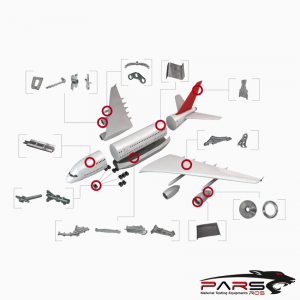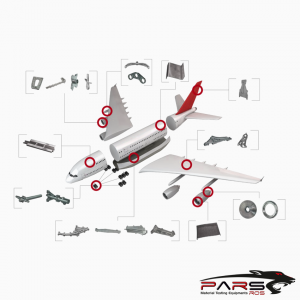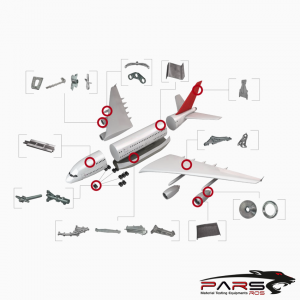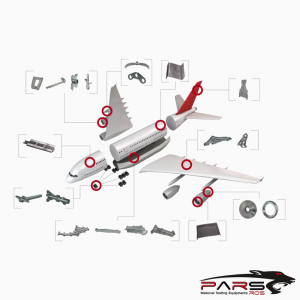AEROSPACE TEST SYSTEMS
PARSROS supports advanced materials testing applications for aerospace with an extensive array of proven solutions. We understand complex materials tests, which often require precise characterization of material behavior under exacting mechanical loads in high-temperature environments, and incorporate multiple methods of correlated data acquisition.
To ensure the safety of designed and manufactured aircraft, mechanical properties are measured and evaluated in terms of their structure, strength, and material performance. Evaluations are performed according to the various environments to which aircraft and space transfer vehicles are directly subjected.
Materials testing for the aerospace industry requires the utmost in experience, responsibility and innovation. There are ongoing advancements in almost every part, component and assembly used in today’s aircraft.
To ensure your product is compliant with RTCA DO-160 and other standards including all related FAA regulations, following types of materials testing should be done !!!!!
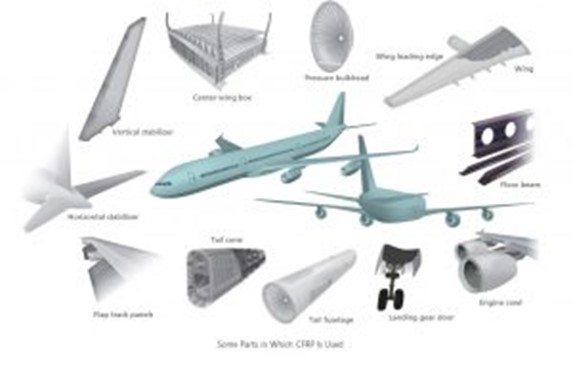
Mechanical Testing
Tensile
Compression
Bearing
Shear
Flexural
Drum peel
Crack propagation/crack growth
Creep
Fatigue ( High-cycle fatigue – Low-cycle fatigue )
Fatigue testing determines both the maximum load a material can endure before failure as well as the total repeated cycles of loading it can withstand before weakening. It helps aerospace manufacturers choose the right materials to survive anticipated stresses without suffering permanent structural changes.
Impact
From windshields and nose assemblies to wings and engine housings, impact testing supplies crucial data on a given material’s ability to survive the energy from a measurable impact. Under typically destructive conditions, impact testing yields highly important results for suppliers of parts that are exposed to the elements and the possibility of impact.
Flammability
Other than an aircraft’s ability to perform properly, its safety relies heavily on the use of qualified parts and materials that meet all approved safety regulations. One of the most important materials tests related to safety is flammability testing of the textiles, cushions and other manufactured goods found aboard today’s aircraft.
Thermal
Often associated with the extreme temperature changes that satellites and spacecraft experience, thermal testing checks to see whether an intended material can survive the drastic thermal fluctuations it will meet once it’s put into service.
Composition
Many of today’s aerospace assemblies are made up of composite materials, so it’s important for businesses to know exactly what materials make up these products — frequently resins, thermoplastics and/or carbon fiber assemblies. With composition testing, you know precisely what’s in the materials you’re intending to use.
Shear
How much stress must a material survive before rupturing? While the answer to this question is most often found in compliance and regulation standards, the ability to ensure a material — including an adhesive — has the necessary strength for its intended purpose is best achieved through shear testing.
Thermomechanical analysis
For materials like glass, polymers, ceramics and laminates, thermomechanical analysis — also referred to as TMA — applies a constant force to determine any linear expansion or phase change a material experiences due to such force.
Examples of such evaluations include static testing to evaluate the strength and rigidity of aircraft materials and structures, dynamic testing to determine the strength with respect to fatigue and vibrations, and impact testing to evaluate the impact strength and fracture properties.
PARSROS is applying it's technical expertise cultivated through both physical testing in materials development and full-scale testing in quality control in order to develop materials for aerospace applications.


